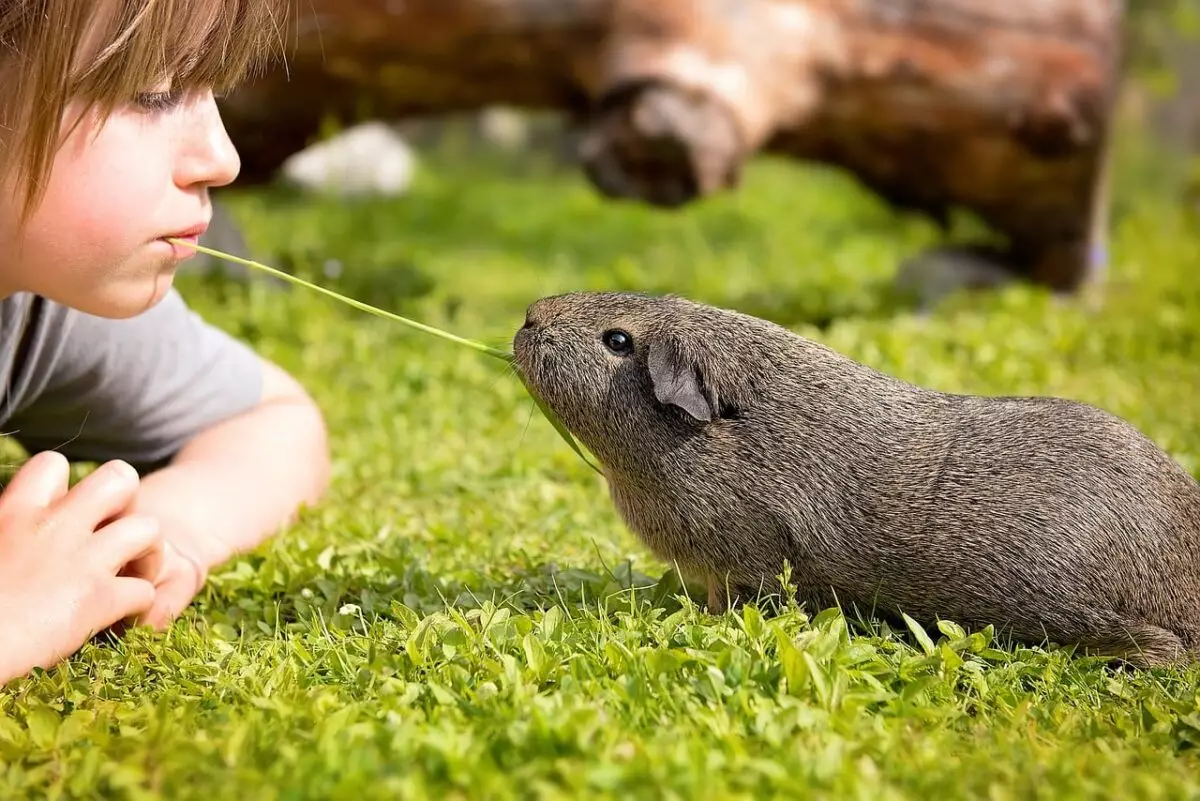In today’s fast-paced world, childhood anxiety is increasingly prevalent, leading to a growing interest in finding effective ways to provide comfort and support for anxious children. One often overlooked remedy comes in the form of animals, whose companionship can significantly alleviate feelings of stress. Pets serve not only as affectionate companions but also as therapeutic partners, fostering emotional bonds that can help children navigate their feelings and fears. The decision to bring a pet into a home should be made thoughtfully, taking into account the unique needs of both the child and the animal, as well as the potential for nurturing a deep bond.
Dogs: The Ultimate Companions
Among various pets, dogs are commonly regarded as the quintessential therapy animals. Their innate ability to sense human emotions allows them to provide unmatched comfort, making them particularly beneficial for children grappling with anxiety. A wagging tail, a gentle nuzzle, or simply the presence of a warm, furry body can have an immediate soothing effect on a troubled child. Moreover, dogs require an active lifestyle, which encourages children to engage in outdoor activities, thus promoting both physical health and mental well-being. The routine of taking care of a dog—feeding, walking, and playing—establishes a structured environment, providing much-needed stability for children prone to anxiety.
While cats may not possess the same overtly affectionate demeanor as dogs, many of them are incredibly sensitive to their owners’ emotions. The act of petting a cat often catalyzes a wave of calm, while the soothing sound of their purring can create a serene atmosphere. Cats require less maintenance than dogs, appealing to families with busy schedules yet still offering emotional solace to anxious children. Their ability to curl up and provide warmth can create a safe space for a child to unwind, offering a consistent source of comfort during tumultuous times.
Smaller pets, like guinea pigs and hamsters, can also enrich the lives of children dealing with anxiety. Guinea pigs, known for their gentle nature, can form strong bonds with children, offering companionship through simple interactions like cuddling or petting. Their charming vocalizations and playful antics can captivate young minds, providing a delightful distraction from anxiety-ridden thoughts. Likewise, hamsters, with their comical, lively behavior, teach children about nurturing while demanding less commitment than larger pets. The rhythmic sound of a hamster in its wheel can provide a comforting background noise, promoting relaxation before bedtime.
Pets don’t always need to be furry to be therapeutic. Fish, for example, can offer a unique form of tranquility. The act of watching fish glide gracefully through water provides a calming visual experience that can help reduce anxiety. Creating an aquarium requires responsibility without the high level of interaction demanded by other pets, making it an excellent option for families seeking a low-maintenance companion. The routine of maintaining a clean aquarium can complement the structured daily habits that anxious children benefit from, ensuring that they take part in caring for a living being.
Among unique pet options, turtles and bearded dragons present interesting alternatives. Turtles, with their slow-moving, deliberate actions, encourage children to adopt a slower approach to life, reinforcing lessons in patience and mindfulness. Their tranquil presence can instill a sense of calm, making them ideal for those who need that quiet companionship. On the other hand, bearded dragons are engaging, friendly creatures that enjoy human interaction. Their approachable nature allows children to enjoy a connection that can prove comforting. Both creatures contribute positively to a child’s emotional health by enriching their environment and offering unique opportunities for companionship.
Rats, often misunderstood, can serve as incredible companions for children experiencing anxiety. Their high intelligence and social behavior enable them to bond effectively with humans, providing joy through interactive play. As loving pets that thrive on companionship, rats allow children to learn about responsibility and care. By requiring consistent handling and attention, they help no only foster connectivity but also build a child’s self-esteem as they learn to nurture and train these adorably quirky rodents.
Ultimately, the pet ownership experience goes beyond mere companionship; it can significantly contribute to alleviating childhood anxiety. By choosing the right pet, families can create a supportive environment that fosters emotional well-being and teaches invaluable life lessons. Beyond their ability to provide comfort, the presence of pets encourages routine, responsibility, and connection, essential elements for nurturing a confident, happy child. It is evident that the unconditional love and joy pets bring can be one of the most effective remedies for the worries that often accompany childhood anxiety.

